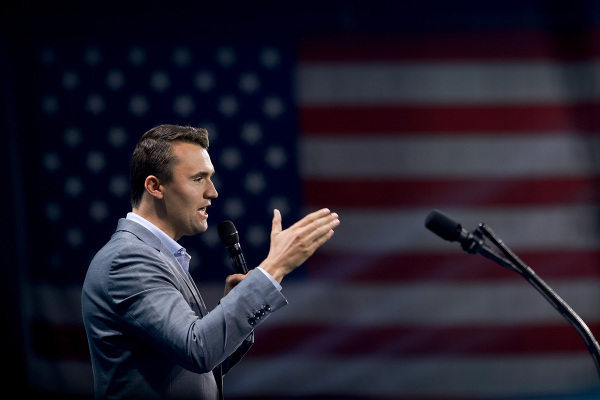Episcopal Head Rejects Disciplinary Actions
The head of The Episcopal Church is troubled by efforts within the Anglican Communion to discipline the U.S. body over its pro-gay actions.
In a recent letter to U.S. Episcopalians, Presiding Bishop Katharine Jefferts Schori said the proposal to impose sanctions against dissident churches is a "push toward centralized authority" – the very thing Anglicans repudiated when they separated from the Roman Catholic Church.
"Unitary control does not characterize Anglicanism; rather, diversity in fellowship and communion does," she said in the pastoral letter, released Wednesday.
The letter comes days after the spiritual leader of the global Anglican Communion, Dr. Rowan Williams, proposed that dissident provinces, namely The Episcopal Church, should not participate in the ecumenical dialogues in which the communion is formally engaged.
He also proposed that they should not have any decision-making powers on the Inter-Anglican Standing Commission on Unity, Faith and Order – a body that examines issues of doctrine and authority – but just participate as consultants.
The sanctions were proposed amid pressure by conservative Anglicans within the 77 million-member body to discipline The Episcopal Church for repeatedly defying Scripture and the rest of the communion. Last month, the U.S. body consecrated its second openly homosexual bishop, Mary Glasspool, in Los Angeles despite calls by the wider communion against such actions.
Jefferts Schori acknowledged that their decision to allow openly gay bishops does not sit well with some Anglicans. But she said many within U.S. The Episcopal Church believe "gay and lesbian persons are God's good creation, that an aspect of good creation is the possibility of lifelong, faithful partnership, and that such persons may indeed be good and healthy exemplars of gifted leadership within the Church, as baptized leaders and ordained ones."
"In all humility, we recognize that we may be wrong, yet we have proceeded in the belief that the Spirit permeates our decisions," she stated.
Recognizing that there are many who also hold traditional views about human sexuality, the Episcopal bishop noted that the U.S. body is "a broad and inclusive enough tent to hold that variety."
"The willingness to live in tension is a hallmark of Anglicanism, beginning from its roots in Celtic Christianity pushing up against Roman Christianity in the centuries of the first millennium," she said.
At the same time, she expressed "great concern" that "colonial attitudes continue, particularly in attempts to impose a single understanding across widely varying contexts and cultures."
Since the 2003 consecration of the first openly gay bishop, V. Gene Robinson of New Hampshire, Anglicans have agreed to three moratoria – including the consecration of bishops living in same-sex relationships – and reaffirmed them over the years.





















